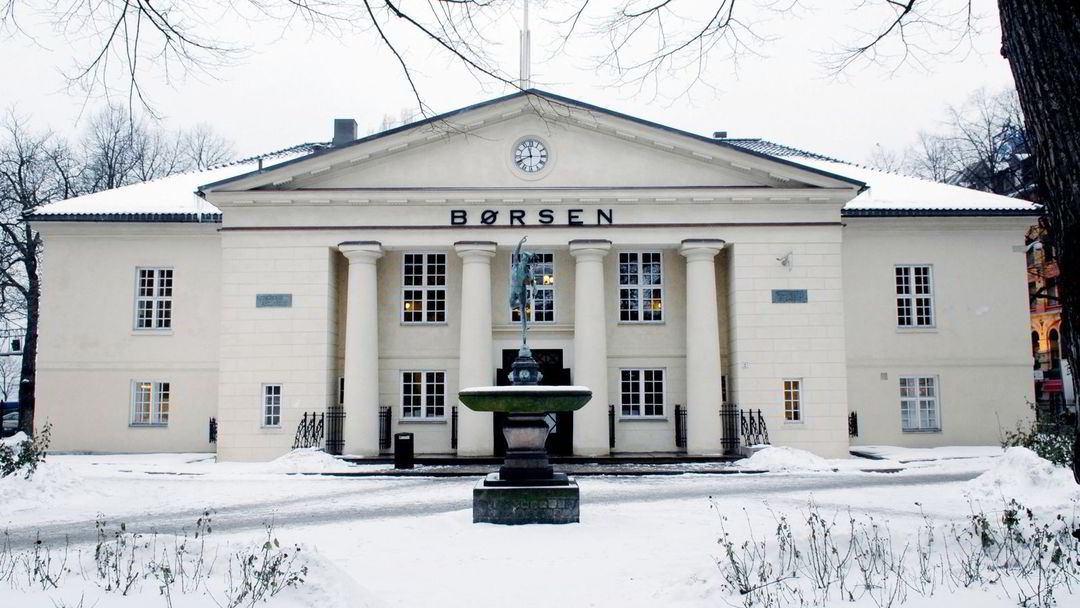Professor Gabriele Meyer is a scientist and when asked why so many nurses are skeptical about a corona vaccination, she replies with a counter-question: “Do we have the numbers that show that it really is? We read the headlines, but we don’t know anything about it. ”
–
Gabriele Meyer trains young people at the medical faculty of the university in Halle who deal scientifically with the topic of care. A subject area that will certainly gain in importance with a view to demographic change. Other European countries have reacted to this development earlier, with a stronger academization of the care sector, says Professor Meyer: “In fact, in most European countries the bachelor’s degree is the criterion for entry into professional care. The result is one Different composition of the nursing team. Of course there are employees as nursing assistants – but also a large proportion of Bachelor graduates on the wards. ”
–
Compulsory vaccination in medicine is nothing new
It is astonishing that the corona vaccination is currently being debated, especially among nurses. Because there is already a compulsory vaccination in the health system, for example against measles or hepatitis B. When it was introduced, there was hardly any debate at the time, says Dr. Anja Bieber, also a nursing scientist at the medical faculty in Halle. Bieber knows the practice well because she is a trained geriatric nurse herself and still has local contacts today.
–
There are nursing services that have 25 employees and the boss says five of them are ready to be vaccinated. In normal shifts, each employee makes ten to 15 house calls. So the risk of carrying the infection from house to house is great.
–
–
So far, nursing training has been very practical, says Bieber. Scientific principles play a role, but ultimately little value is placed on complex medical relationships.
–
Backward education system
Those who become roofers in Germany attend a vocational school in addition to their practical training, where they are taught by qualified vocational school teachers. However, those who are trained in nursing cannot be sure in Germany that they are being taught by qualified pedagogues, because large hospitals operate their own training centers. And there are often lateral entrants teaching there, also for cost reasons.
–
This is confirmed by nursing scientist Gabriele Meyer: “The nursing teachers, they used to be called teaching nurses, who attend advanced training academies from the Red Cross or the like. And that’s not a course of study, not an academic degree, but actually advanced training. That was the traditional model in West Germany that followed the turn was also adopted in East Germany. ”
–
A step backwards, as is now shown, because the GDR relied on medical educators. Which, in the opinion of many, resulted in a higher quality of education. The word has now got around politically, because a new law stipulates that in future nursing staff may only be taught by trained specialists. However, the future does not begin until 2029, because the teachers must first be adequately trained.
–
– .


